
- August 25, 2023
- Dennis Frank
- 2
Blockchain technology has been one of the hottest buzzwords in recent years, with its popularity surging after the success of Bitcoin, the world’s first cryptocurrency. But blockchain is much more than just a tool for digital currency – its potential spans a wide range of industries and use cases. In this article, we will explore the various applications of blockchain technology, from Blockchain Supply Chain Management to Healthcare and beyond.
Introduction to Blockchain Technology
Before we delve into blockchain use cases, let’s define blockchain. A blockchain is a decentralized digital ledger of transactions where transactions are added to blocks and chained together. Each block is verified and validated by a network of nodes, making the data immutable and tamper-resistant. Blockchain technology has several key features that distinguish it from traditional centralized databases:
Blockchain technology has been around for over a decade and has gained popularity due to its unique features. It was first introduced in 2008 to create a decentralized digital currency, Bitcoin. Since then, blockchain technology has evolved and been used in various industries, such as healthcare, finance, and supply chain management.
What is Blockchain?
Blockchain is a distributed ledger technology that enables secure, transparent, and tamper-proof transactions without intermediaries. A peer-to-peer computer network maintains a shared database where cryptography records, validates, and secures all transactions. The blockchain is a continuously growing list of linked and secured documents using cryptographic algorithms. Thus, it provides a secure way of storing and sharing data.
The decentralized nature of blockchain technology means there is no central point of control. Making it a more secure and transparent way of conducting transactions. This is because all transactions are recorded on a public ledger accessible to anyone on the network. This means there is no need for intermediaries such as banks or other financial institutions to validate transactions. Reducing the cost and time associated with traditional methods.
Key Features of Blockchain
Blockchain technology offers several key features that make it unique and powerful. These include:
- Decentralization: Blockchain networks are decentralized and do not require a central authority. This makes it more secure and transparent than traditional centralized systems.
- Immutability: Once a transaction is recorded on the blockchain, it cannot be altered or deleted. This means that the data on the blockchain is tamper-proof and can be trusted.
- Transparency: All transactions on the blockchain are visible and accessible to all network participants. This makes tracking and verifying transactions easier, reducing the risk of fraud.
- Security: Transactions on the blockchain are secured through cryptography, making it virtually impossible to hack or tamper with the data. This makes it a more secure way of conducting transactions.
Types of Blockchain Networks
There are several types of blockchain networks, each with its features and use cases. The three main types are:
- Public Blockchains: These are open and transparent networks that allow anyone to participate in the network and add transactions to the blockchain. Examples include Bitcoin and Ethereum. Public blockchains are often used for digital currencies and other applications that require a high degree of transparency.
- Private Blockchains: These are permissioned networks that require users to be granted access. Private blockchains are often used within organizations or consortia to share data securely and transparently. Private blockchains are often used in industries such as healthcare and finance, where privacy and security are paramount.
- Consortium Blockchains: These hybrid networks combine aspects of both public and private blockchains. They are governed by a group of organizations rather than a single entity. Consortium blockchains are often used in supply chain management and other industries where multiple organizations need to share data securely.
Overall, blockchain technology has the potential to revolutionize the way we conduct transactions and share data. Its unique features, such as decentralization, immutability, transparency, and security, make it a powerful tool for various industries. As the technology continues to evolve, we can expect to see more use cases and applications of blockchain technology in the future.

Blockchain Use Cases:
Blockchain in Finance
Blockchain technology has the potential to revolutionize the financial industry, providing secure and transparent transactions without intermediaries. The decentralized nature of blockchain allows for greater transparency and accountability, making it an ideal technology for the financial sector.
Cryptocurrencies
Cryptocurrencies are digital assets that can be used as a medium of exchange, similar to traditional currencies. Transactions are recorded on a blockchain, providing transparency and security. Bitcoin is the first and most well-known cryptocurrency. Gained widespread adoption and has even been accepted as payment by some merchants and businesses.
Other cryptocurrencies, such as Ethereum, have also gained popularity and are being used for various purposes beyond just a medium of exchange. Ethereum allows for creation of decentralized applications, or dApps, which can be used for multiple purposes, including financial services.
Decentralized Finance (DeFi)
Decentralized finance, or DeFi, is an emerging area of blockchain use cases that seeks to provide traditional financial services in a decentralized, transparent, and secure way. DeFi platforms allow users to borrow, trade, and earn cryptocurrency interest without intermediaries such as banks or financial institutions.
DeFi can potentially democratize access to financial services, particularly in developing countries where traditional financial assistance may be limited or inaccessible. By leveraging blockchain technology, DeFi platforms can provide financial services to anyone with an internet connection, regardless of location or socioeconomic status.
Cross-border Payments
Blockchain technology has the potential to streamline cross-border payments, which can often be slow, expensive, and cumbersome. Blockchain-based payment systems can provide near-instantaneous transfers at lower fees without intermediaries.
With traditional cross-border payment systems, transactions can take days to clear and are subject to high fees. Blockchain-based payment systems can reduce the time and cost of cross-border payments, making it easier and more affordable for individuals and businesses to conduct international transactions.
Trade Finance
Trade finance is a key area where blockchain can reduce costs and improve efficiency. The process of financing trade transactions typically involves multiple intermediaries and extensive paperwork, resulting in delays and increased costs. Blockchain-based trade finance solutions can streamline the process by providing a secure, transparent, and tamper-proof platform for recording and verifying transactions.
By leveraging blockchain technology, trade finance transactions can be completed more quickly and at a lower cost, benefiting buyers and sellers. Blockchain-based trade finance solutions can also reduce the risk of fraud and error, providing greater security and peace of mind for all parties involved.
Blockchain in Supply Chain Management
Blockchain is a revolutionary technology that can potentially transform supply chain management. By providing transparency, traceability, and security throughout the supply chain. Blockchain can help to ensure that products are ethically and sustainably sourced, improve inventory management, and reduce the risk of counterfeit goods. Here are some of the use cases of blockchain in supply chain management:
Product Traceability
One of the most significant benefits of blockchain technology in supply chain management is the end-to-end traceability of products. Blockchain-based platforms can track the entire journey of a product, from farm to table, making it easier to verify the origin, quality, and authenticity of products.
This can be particularly useful in industries such as food and beverage, where consumers are increasingly concerned about the source and quality of their food. By using blockchain-based platforms, suppliers can provide consumers with greater transparency and trust in the products they buy.
For example, a blockchain-based platform can be used to track the journey of a coffee bean from the farm to the roaster to the retailer. The platform can record information about the bean’s origin, the farming practices, and the processing and transportation methods. This information can then be used to verify the authenticity and quality of the coffee, ensuring that consumers get a high-quality, ethically sourced product.
Inventory Management
Another use case of blockchain in supply chain management is inventory management. Blockchain-based inventory management systems can provide real-time visibility into inventory levels, making it easier to manage stock levels and avoid stockouts and overstocking. This can be particularly useful for retailers, who must ensure they have enough stock to meet customer demand without overstocking and tying up capital.
Using blockchain-based inventory management systems, retailers can improve their supply chain efficiency, reduce waste, and improve customer satisfaction. For example, a retailer could use a blockchain-based platform to track the inventory levels of a particular product in real time. The platform could automatically reorder the product when inventory levels fall below a certain threshold, ensuring the retailer always has enough stock to meet customer demand.
Quality Assurance
Blockchain can also improve quality assurance in supply chain management. By providing a tamper-proof platform for recording and verifying product quality, blockchain-based platforms can enable suppliers to verify the authenticity and quality of their products, improving transparency and trust.
For example, a blockchain-based platform could be used to record information about the quality of a particular product, such as the results of lab tests or inspections. This information could then be used to verify the quality of the product and ensure that it meets the required standards. By using blockchain-based platforms for quality assurance, suppliers can improve the quality of their products and build greater trust with their customers.
Reducing Counterfeit Goods
Counterfeit goods are a major issue for many industries, including fashion, electronics, and pharmaceuticals. Counterfeit goods harm the brand’s reputation and pose a risk to consumer health and safety. Blockchain can help reduce the risk of counterfeit goods by providing a secure and transparent platform for verifying the authenticity of products.
Manufacturers can use blockchain-based systems to ensure that their products are genuine and have not been tampered with. For example, a blockchain-based platform could be used to record information about a particular product’s origin and manufacturing process. This information could then be used to verify the product’s authenticity and ensure it has not been counterfeit.
In conclusion, blockchain technology has the potential to revolutionize supply chain management by providing transparency, traceability, and security throughout the supply chain. By using blockchain-based platforms for product traceability, inventory management, quality assurance, and reducing counterfeit goods, suppliers can improve their supply chain efficiency, build greater trust with their customers, and ensure that their products are ethically and sustainably sourced.

Blockchain in Healthcare
Blockchain technology can transform the healthcare industry by providing secure and transparent access to patient data, streamlining the supply chain of medical devices, and improving the security and transparency of clinical trials and research. Here are some of the ways blockchain is being used in healthcare:
Electronic Health Records
Electronic health records (EHRs) are a key area where blockchain can benefit significantly. Blockchain-based EHR systems can provide secure and transparent access to patient data while protecting patient privacy. By giving a tamper-proof platform for recording and verifying patient data, blockchain-based systems can also improve the accuracy and reliability of medical records.
Medical Supply Chain
The medical supply chain can be complex and fragmented, resulting in delays, waste, and increased costs. Blockchain technology can streamline the supply chain by providing real-time visibility into inventory levels, enabling hospitals and clinics to better manage their stock levels.
Clinical Trials and Research
Blockchain can improve the security and transparency of clinical trials and research by providing an immutable and tamper-proof platform for recording and verifying data. By using blockchain, researchers can ensure that data is not altered or tampered with, improving the credibility of research results.
Patient Data Security
With increasing concerns over data security and privacy, blockchain can help ensure patient data is secure and protected from unauthorized access. Blockchain-based systems can give patients full control over their data while ensuring it is only accessible to authorized parties.
Conclusion
Blockchain technology can potentially revolutionize how we do business by providing secure and transparent transactions without intermediaries. Blockchain applications are vast and varied, from finance to healthcare and supply chain management. While it is still early for the technology, the potential benefits are clear, and we expect to see continued growth and adoption in the coming years.
If you would like to learn blockchain and Cryptocurrency by video, check out KryptoKraken Videos








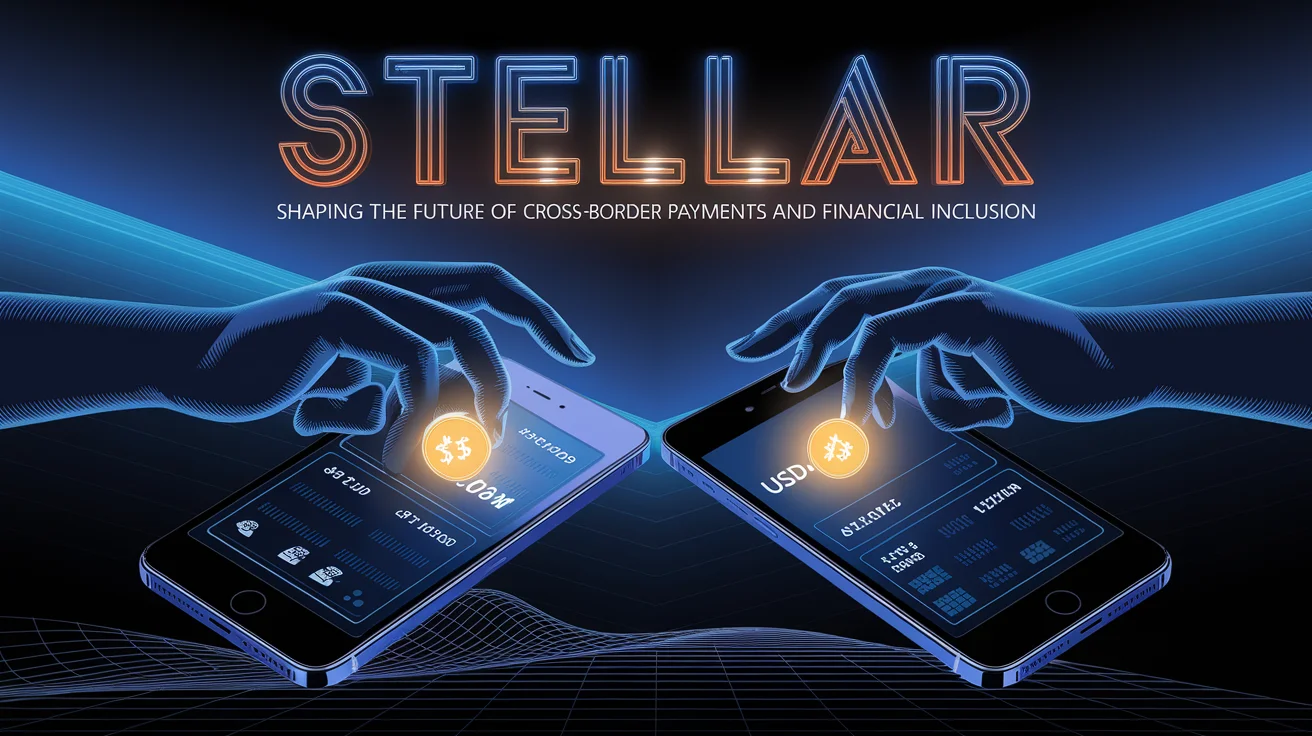
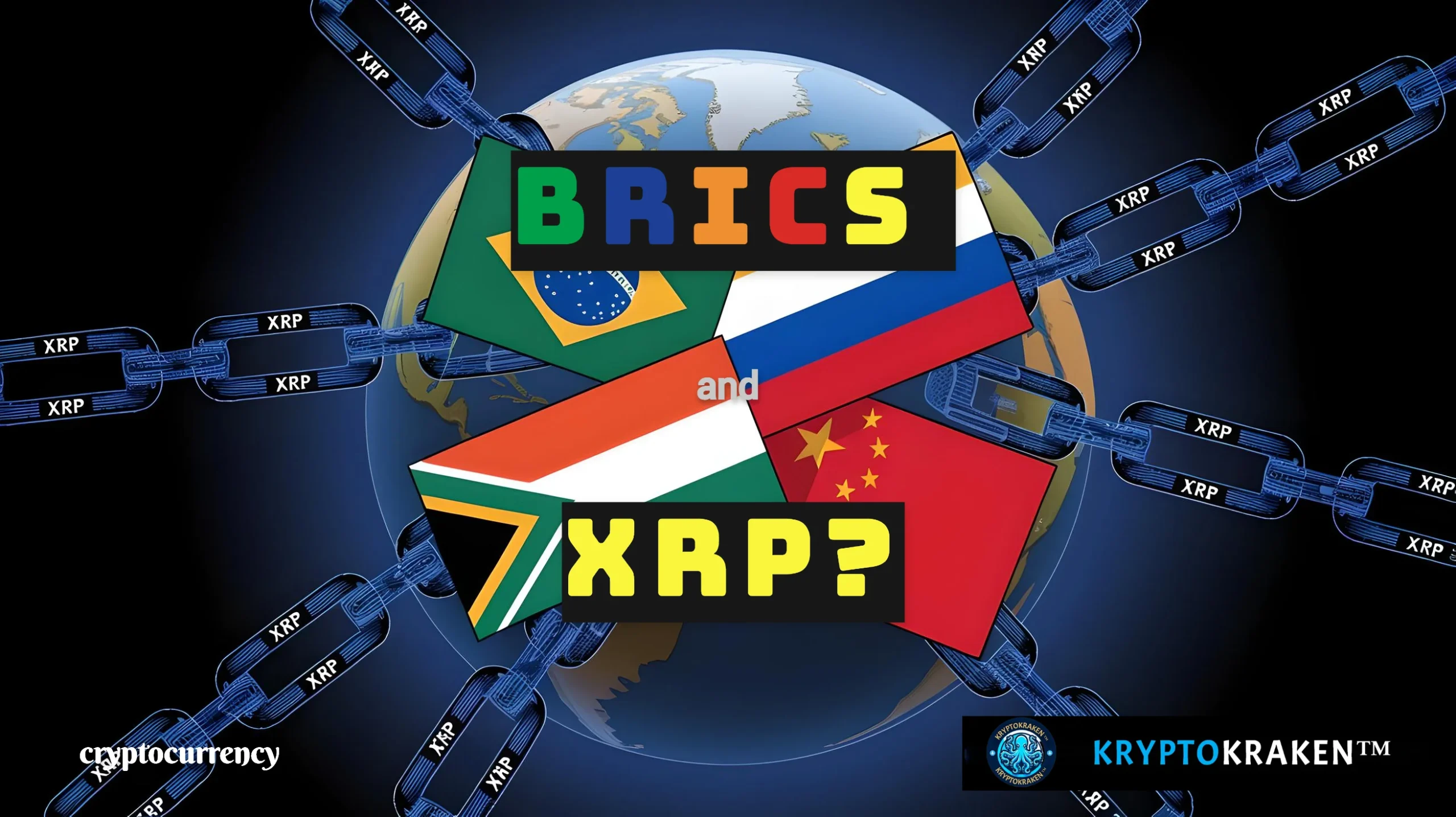































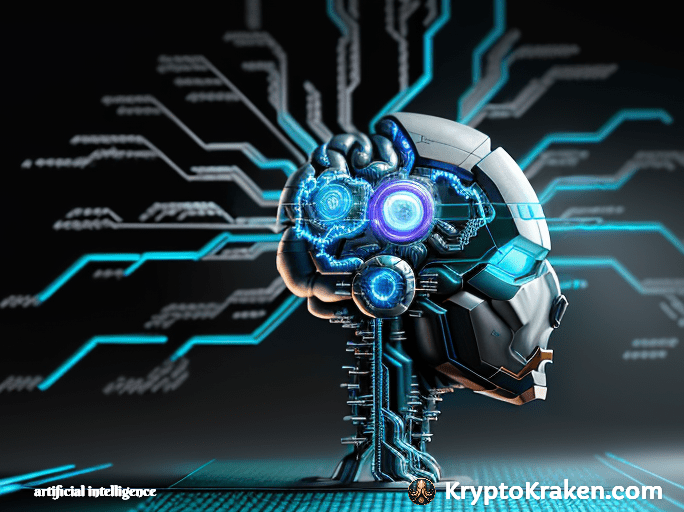


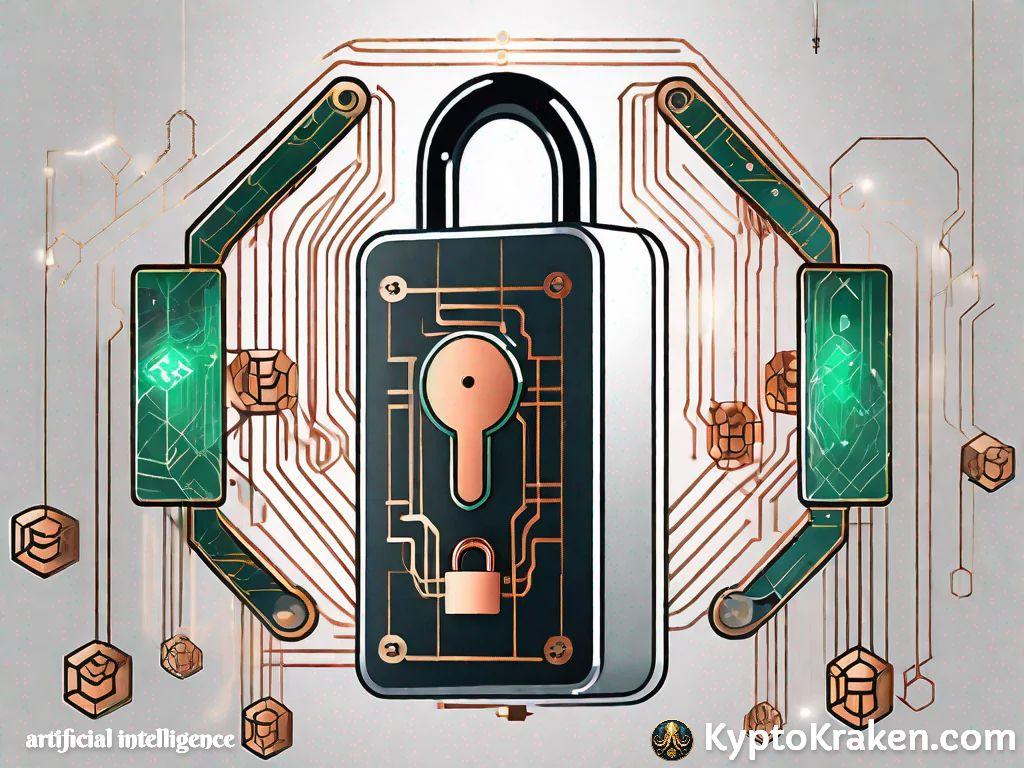


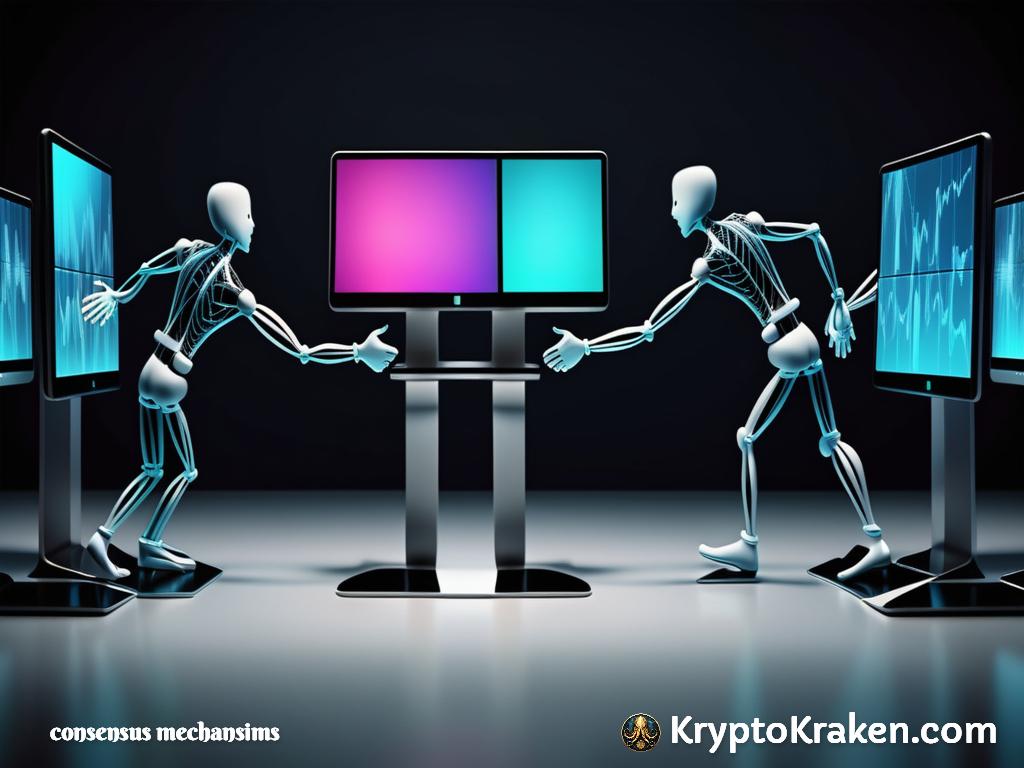

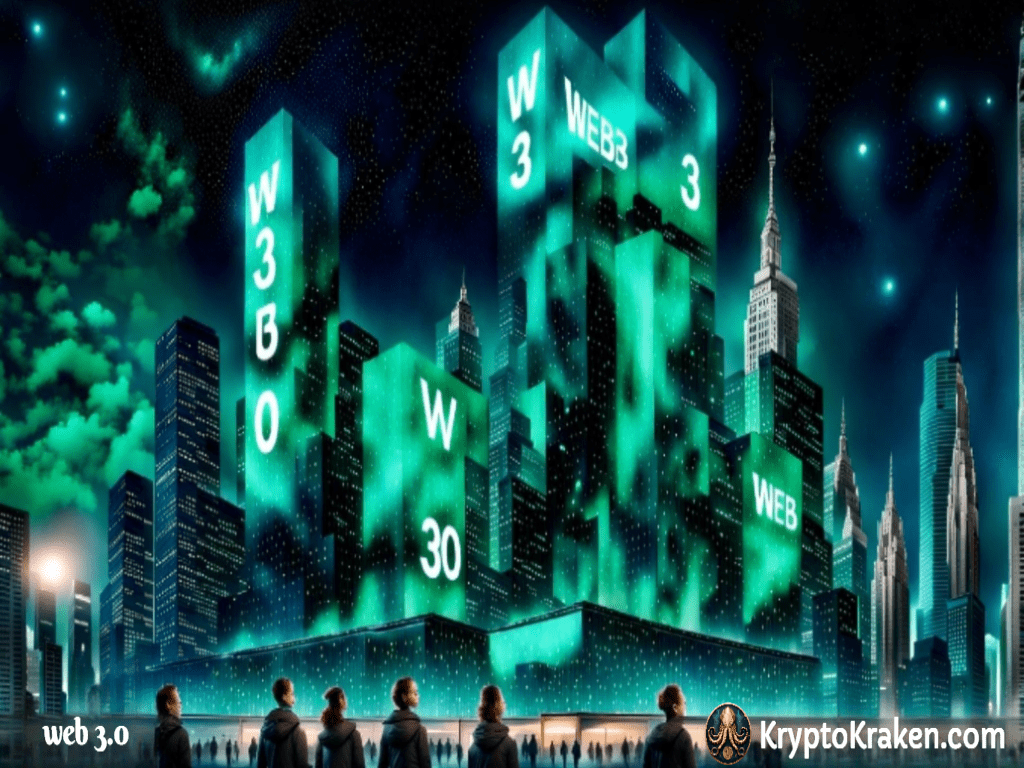

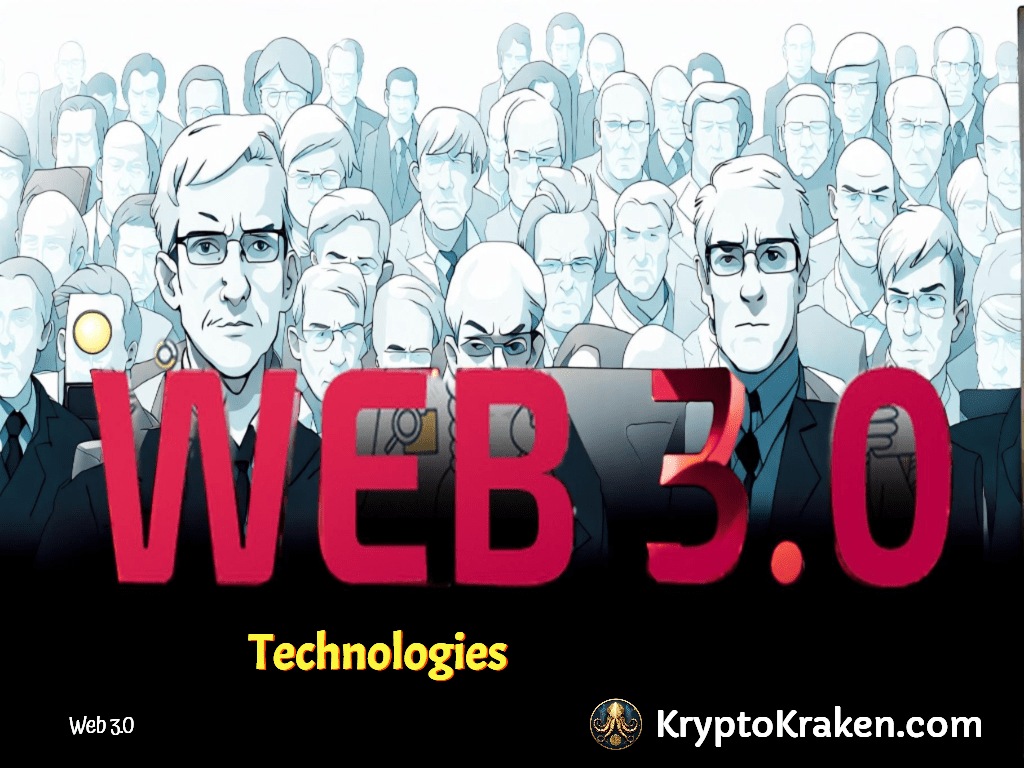














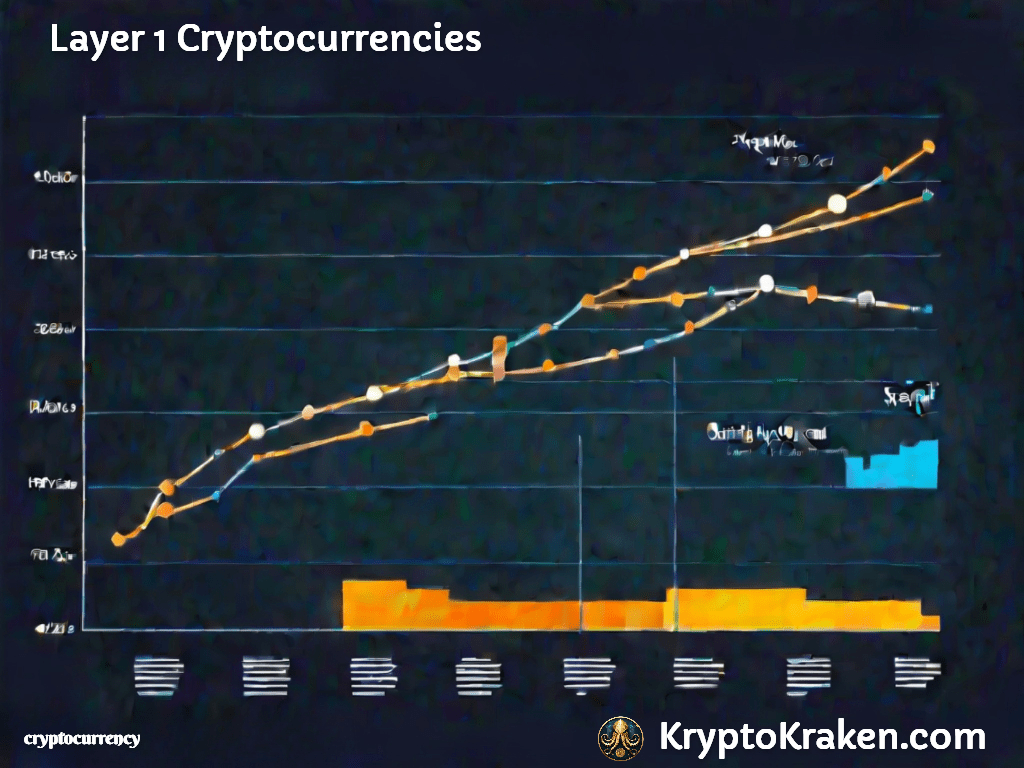



















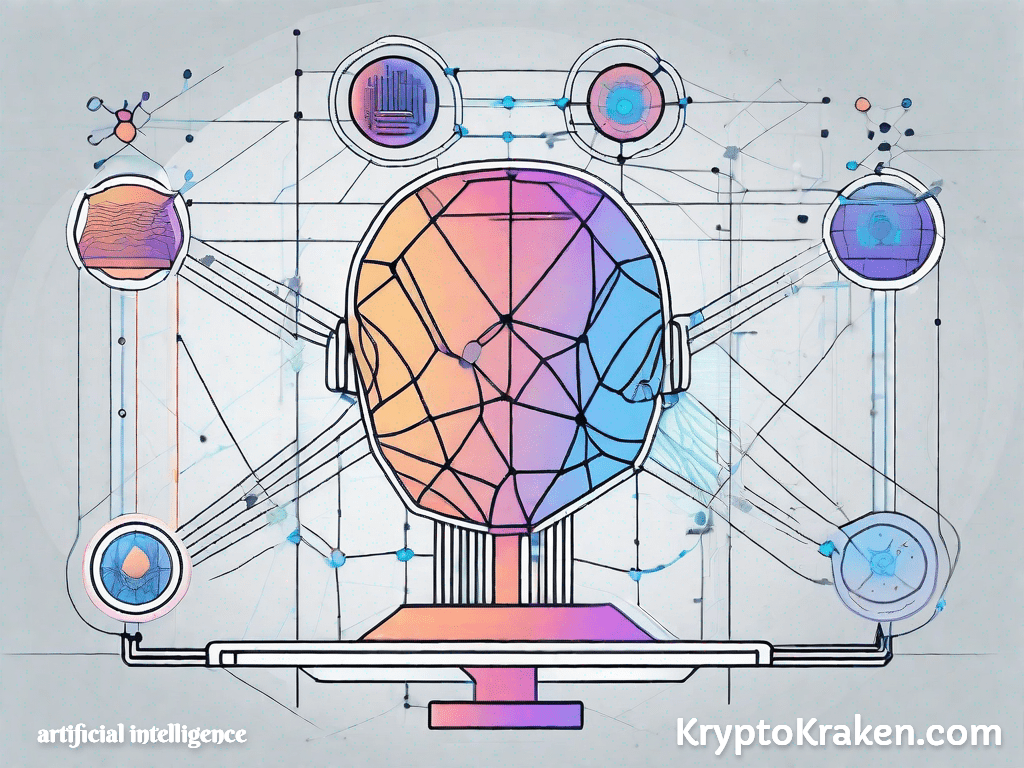
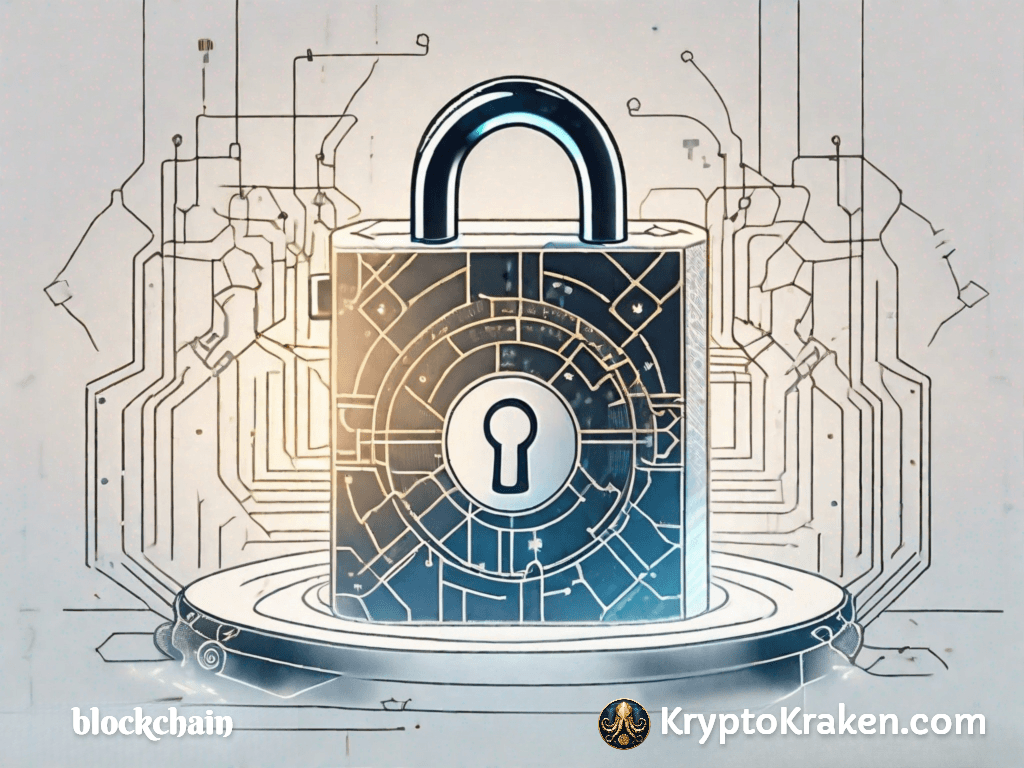














2 comments on “Blockchain Use Cases”